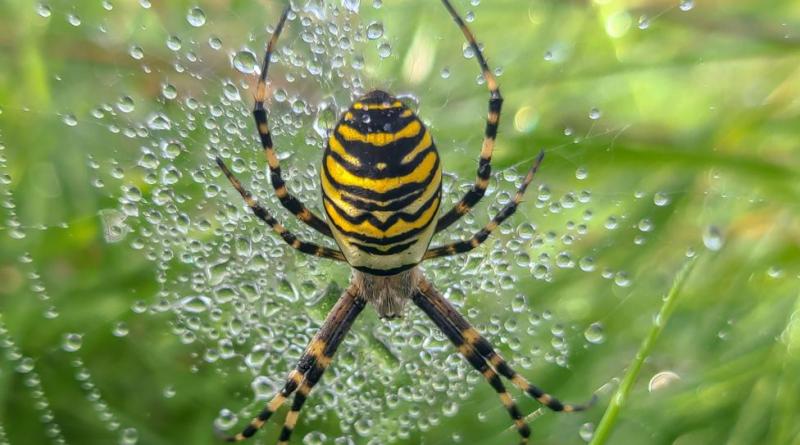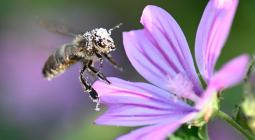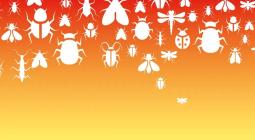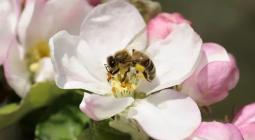Climate change warning as insects migrate north

Wildlife surveys carried out by ecologists over the last eight years have found that insects are migrating north because of climate change.
At Bath City Farm, 1,125 species have been recorded between Twerton and Southdown with 30 of those being new varieties.
Results from the survey show that some of the recorded species were a rarity on the south coast a generation ago, but have now become common in the north of Somerset.
Mike Williams an ecologist and Trustee said: "Insects are important indicator species that help ecologists understand the realities of a changing climate on our natural world."
Three years ago, the distinctive Wasp Spider was recorded for the first time at the site; now it is a common occurrence.
Mr Williams said: "In the 1990s I only ever saw the Wasp Spider on the south coast of England, in Dorset.
"I would never have imagined then that one day they would be found as far north as Bath."
Butterfly populations were also affected due to the dry spring and wet summer.
The Red Admiral butterfly was an anomaly among the species as fewer frosts had led to increased populations.
Previously only ever sighted on the Channel Island, The Jersey Tiger Moth is now also a new resident of the Farm.
Mike Williams also said that the Roesel's Bush Cricket and Long-Winged Conehead cricket have also risen in number.
"I tell people on my nature walks around the farm that they are listening to the sound of climate change when we hear them."
The lack of frost has a negative effect on plants too.
The Yellow Rattle has suffered as the change in global temperature has affected its life cycle.
The warm temperatures mean that it struggles to germinate when it comes into season.
PHOTO:
BATH CITY FARM - The Wasp Spider has migrated from the south coast to north Somerset





